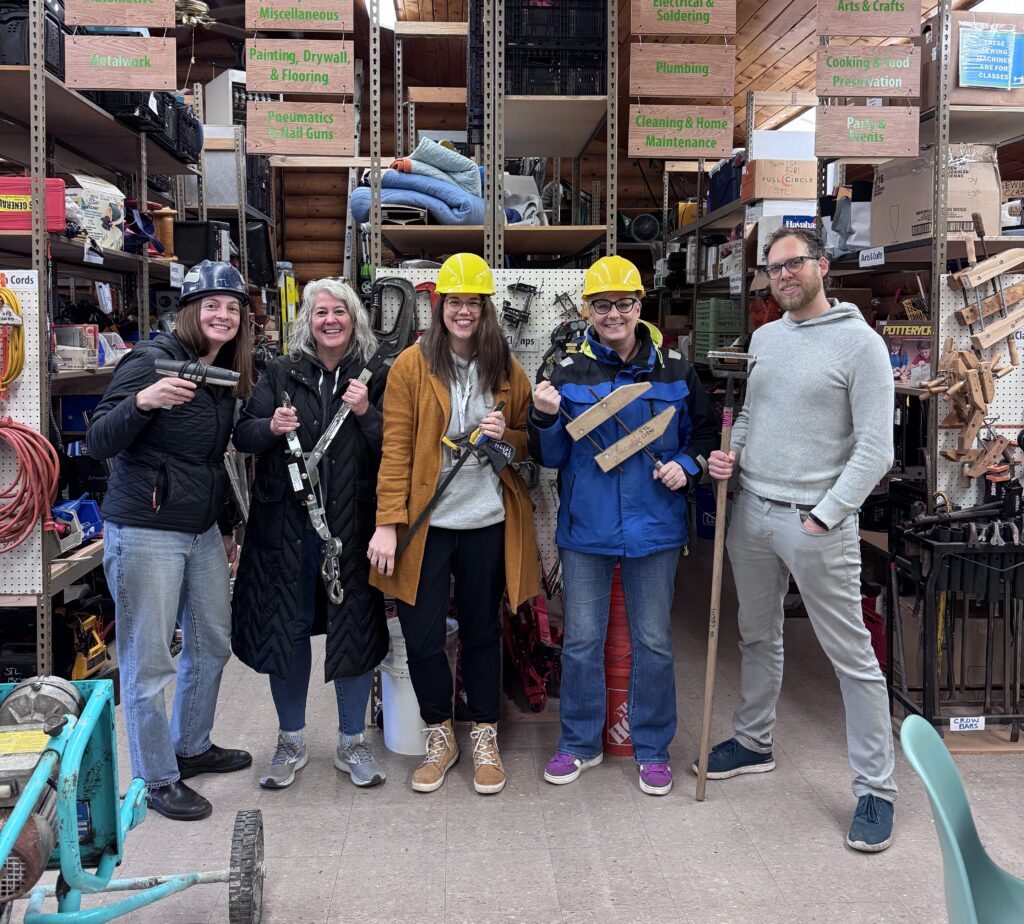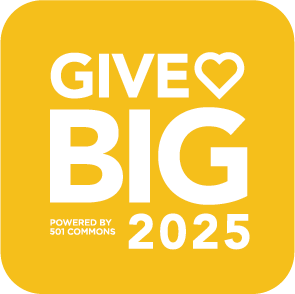By Casey Davis, Executive Director Edmonds Food Bank
Partnerships within a community are essential for resiliency, as they enable diverse contributors to collaborate and share resources effectively. It allows a community to address challenges more comprehensively, leading to innovative solutions. In the nonprofit world, partnership is everything! It’s how we stay afloat. It’s how we grow. And most importantly, it’s how we make real, lasting change.
I recently wrote about this in a story highlighting the Snohomish County Food Coalition’s effort to distribute 36,000 pounds of salmon across the region. (You can read it here), it’s a perfect example of how collaboration brings more to the table than any one organization could on its own.
At Edmonds Food Bank, we often say food insecurity is layered. Maybe you’ve seen our slogan: Peeling back the layers of food insecurity. That phrase reflects what we see every day in this work, that someone facing food insecurity is more likely to be experiencing other barriers too. Maybe housing is unstable. Maybe there’s limited access to healthcare. Maybe they don’t have the tools, literally or figuratively, to improve their situation. These are real, complex issues, and we know no single organization can solve them all.
That is why we partner.
One such partnership grew out of something unexpected, a TEDx talk. Earlier this year, I had the honor of speaking at TEDx at Edmonds College. There, I met Josh Epstein, the director of Seattle REconomy. We were both presenting on community and resilience from different angles, me, from the lens of food security and neighborhood care; Josh, from the lens of sustainability and access to resources.
It didn’t take long to see the overlap.
Seattle REconomy is a nonprofit dedicated to sustainability and building connected communities by giving people access to tools, education, and practical resources — things like woodworking equipment, gardening tools, and even classes on repair and reuse. They run the Shoreline Tool Library, a shared space where anyone in the community can borrow tools for free or at low cost, just like checking out a book.
Think about that for a second: a tool library. What would it mean for someone struggling financially to not have to purchase a lawnmower, or a drill, or gardening gear? What would it mean for someone to have access to these resources, to be able to fix, build, and create, even in tough times?
This is what Josh and I started talking about backstage at TEDx. We realized we were both doing similar work, building stronger, more connected communities by removing barriers and increasing access. And we knew we could do more together than separately.
So here we are, a few months later, turning that conversation into action.
On April 27th from 2–4 PM, we’re hosting an Open House at Edmonds Food Bank, and we’re inviting the entire community to join us. Seattle REconomy and the Shoreline Tool Library will be on-site collecting new and gently used tools and materials, everything from drills and mowers to gardening supplies and woodworking tools.

It’s not just a donation drive. It’s a celebration of community and what happens when people come together. You can tour the food bank, help us bag oats and rice, learn about our capital campaign to build a new Edmonds Food Bank, and connect with others who care about this work.
This is how we peel back the layers.
At Edmonds Food Bank, we’re proud of our partnerships and we believe in the power of collaboration. Not just because it sounds nice, but because we’ve seen what happens when organizations align their missions, share resources, and stay rooted in their own strengths while amplifying each other’s work.
We don’t all have to do the same thing, in fact, it’s better when we don’t. Food banks should be food banks. Tool libraries should be tool libraries. But when we link our work and lift each other up, we can meet more needs, remove more barriers, and support more people in meaningful ways.
Right now, community and partnership are what’s helping us maintain stability and be resilient. We’re living in a time when need is high, resources are stretched, and the systems we depend on are under strain. But the truth is, we are not alone. And we don’t have to do this alone.
Every partnership starts with a meeting, a conversation, a handshake, a TEDx talk backstage. A moment when two people or two groups say, We can do this better together.


